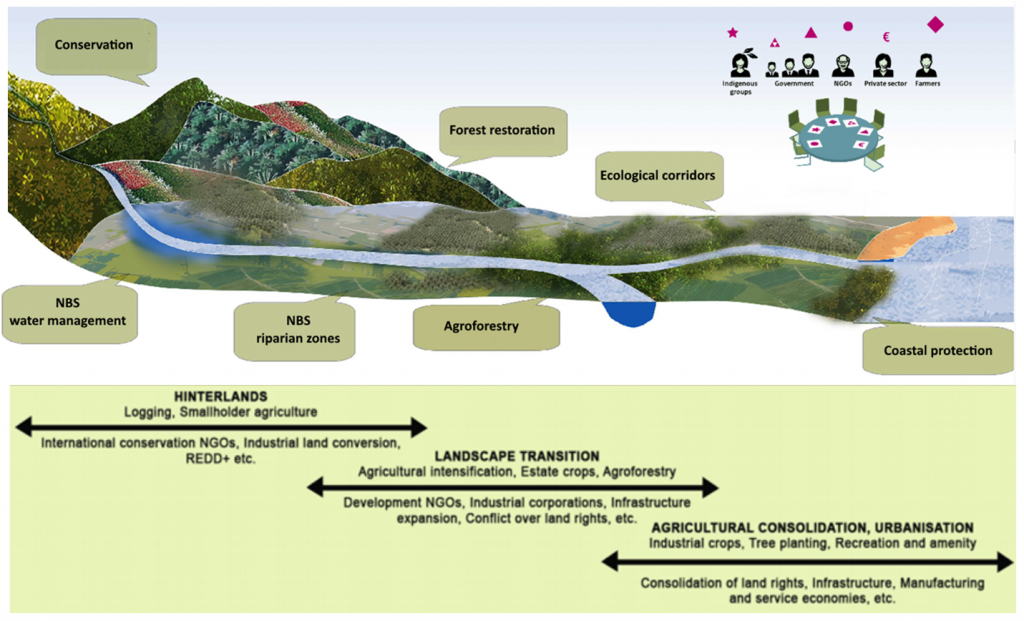Potential of non – state actors for the Post 2020 Global Biodiversity Framework: Seizing the Landscape Opportunity
The global biodiversity community is taking important strides to craft a new post-2020 Global Biodiversity Framework (post-2020 GBF) at the upcoming 15th Conference of the Parties (COP15) slated to take place in October 2021. Given the importance of the contributions of non-state and subnational actors in contributing to the success of the new framework, which requires a collective and whole-of-society approach, the PBL Netherlands Environmental Assessment Agency organised a Webinar on 17th June 2021 jointly with the United Nations University Institute for the Advanced Study of Sustainability based in Tokyo and Wageningen University centred in the Netherlands. Johan Meijer from PBL gave a presentation on the theme: “Seizing the Landscape Opportunity to Catalyse Transformative Biodiversity Governance.” The presentation was followed by reflections from a panel of experts and interactive discussions amongst participants. John Ajjugo from HoA-REC&N, one of the panellists, reflected on HoA-REC&N’s regional experience with community engagement through landscape their initiative, which provides a great platform to articulate local perspective of biodiversity policy. John highlighted how landscape approaches are a good catalyst for building local agency and involvement of non-state actors in the implementation and success of the Post-2020 GBF, bringing to bare the social ecological perspective, and going beyond focusing mainly on protected areas. Catalina Santamaria from the Secretariat of the CBD and Suneetha M. Subramanian, UNU-IAS were members of the panel, in addition to the attendees drawn from diverse work backgrounds engaged in various national, regional and global environmental policy related and hands-on issues across the globe.

